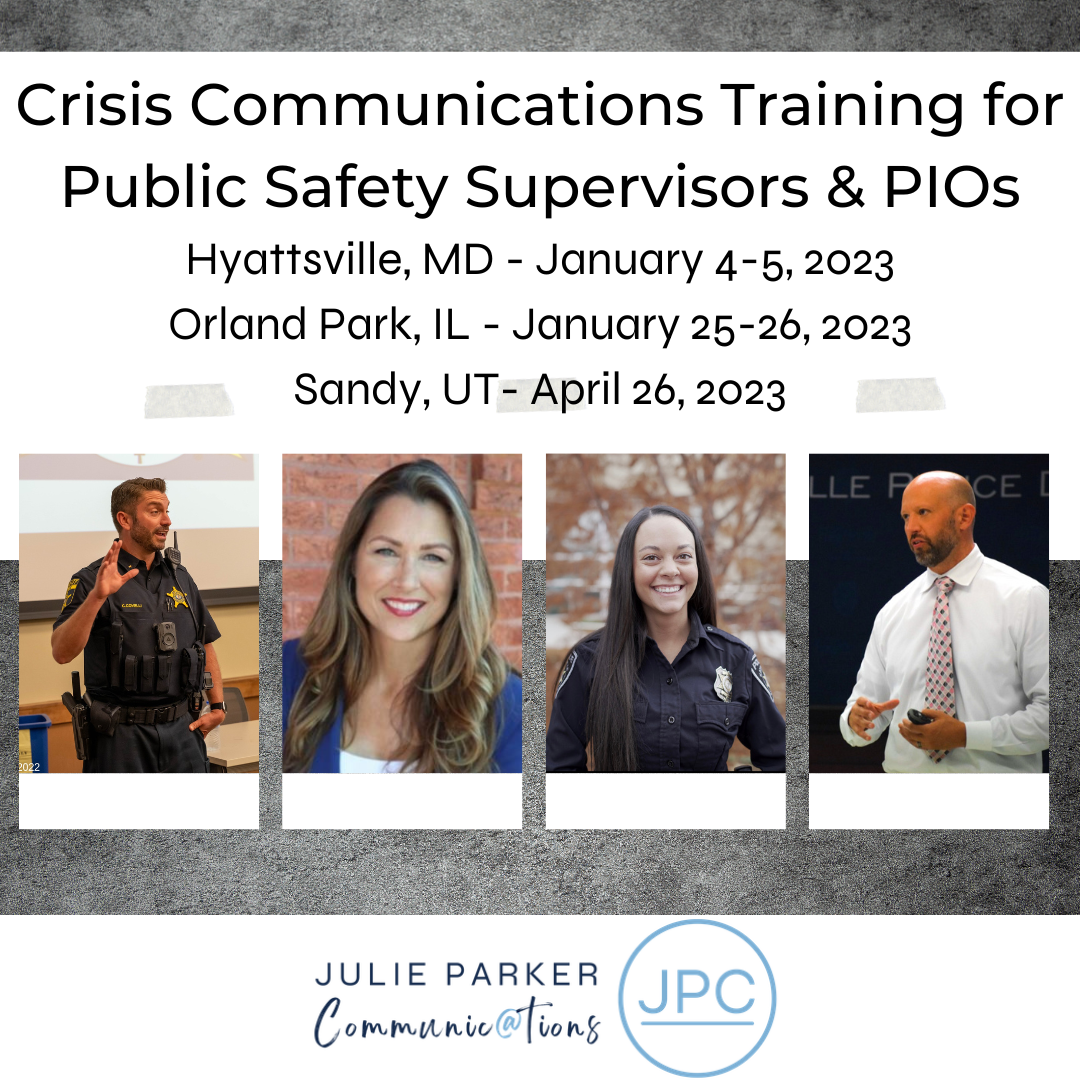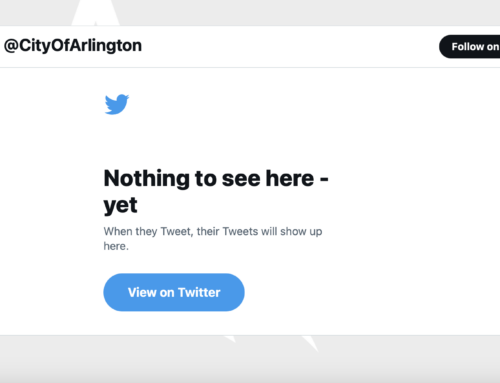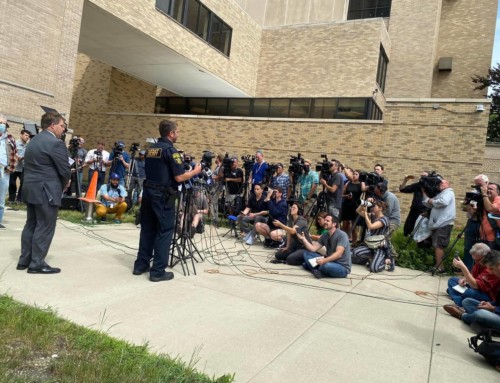
In part I of our blog post addressing the handling of blatantly egregious comments on our social media pages, we shared that private organizations have no legal prohibition to removing any comment they wish (though there could be public relations concerns), while government organizations have a gray zone of 1st Amendment compliance that has not yet been clearly defined by the Supreme Court. With lower courts tending to demonstrate their view that government social media feeds are 1st Amendment spaces, the safest route, if liability is your concern, would be to never moderate comments. But most recognize there can be speech so offensive or damaging that unless and until there is a Supreme Court decision prohibiting government entities from moderating any comments on its social media pages, the public is best served if the worst vitriol from social media trolls can be hidden or removed.
What follows is not legal advice but meant to inform the discussion you have with your legal team before deciding to hit “delete” on any public comment on your social media pages.
If you’re interested in having tools to moderate comments, the first place to start is with a social media comment policy that allows you to more objectively determine what constitutes an actual violation and to provide the public with notice of what speech would violate the policy.
But what should it contain?
You can find social media comment policies prohibiting the speech listed below in many government social media guidelines, from sources as diverse as an advisory for the New York State Archives to the National Park Service to the U.S. Peace Corps:
Violent, obscene, profane, hateful, or racist comments, comments that threaten or defame any person or organization, solicitations, advertisements, or endorsements of any financial, commercial or nongovernmental agency, comments that suggest or encourage illegal activity, multiple off-topic posts by a single user, repetitive posts copied and pasted by multiple users.
Any comment policy should be vetted by your legal team first.
Second, it is not enough to simply have a comment policy on the books. You need to be able to demonstrate that anyone leaving a comment that violates the policy should have known it was a violation. This means ensuring the comment policy is available in as many places as possible- on the organization’s website, on the organization’s social media platform page, and shared on the platform from time to time.
When considering whether or not to delete or hide a comment, a government entity should weigh the potential risk to the agency (from a lawsuit) against the public harm caused by the comment. And while it should go without saying, experience has taught us this admonition is important: A comment should never be moderated simply because the language is negative towards the organization. Government organizations should allow comments which are counter to the organization’s message or counter to the organization if they don’t otherwise violate policy.
If a comment egregiously and clearly violates your publicly-available comment policy and you decide to moderate it, it is vital that you maintain a copy of the offending comment either through a screen shot or by using an archiving service. This is already likely a legal requirement under your state’s records retention laws and regardless, it most certainly will be important to have if you were to be sued for a 1st Amendment violation because of the moderation.
Both private and public entities should also consider the public relations implications of moderating comments. The risk increases as the frequency of comment moderation increases.
Our advice?
- Have a clear social media comment policy that has been vetted by your legal team.
- Publish the comment policy on your organization’s website and on your social media pages. Share it with your social media audience from time to time. (Advice: Don’t do this in close proximity to experiencing a controversial issue on social media.)
- Only moderate comments when they egregiously and clearly violate the policy.
- If you decide to delete a comment, always capture it with a screen shot or use a records retention service to maintain a copy of the comment.
- Remember that any moderation of comments is not without risk and could result in a complaint and/or legal action.
Social media has become the new public square. It’s best to treat the communication that takes place there as you would speech in any other public setting. Until the issue is settled decisively by the Supreme Court, that means treading carefully with any attempt to moderate someone’s speech. As a reminder, we cover topics like these in our courses held around the country.
Register Now!





